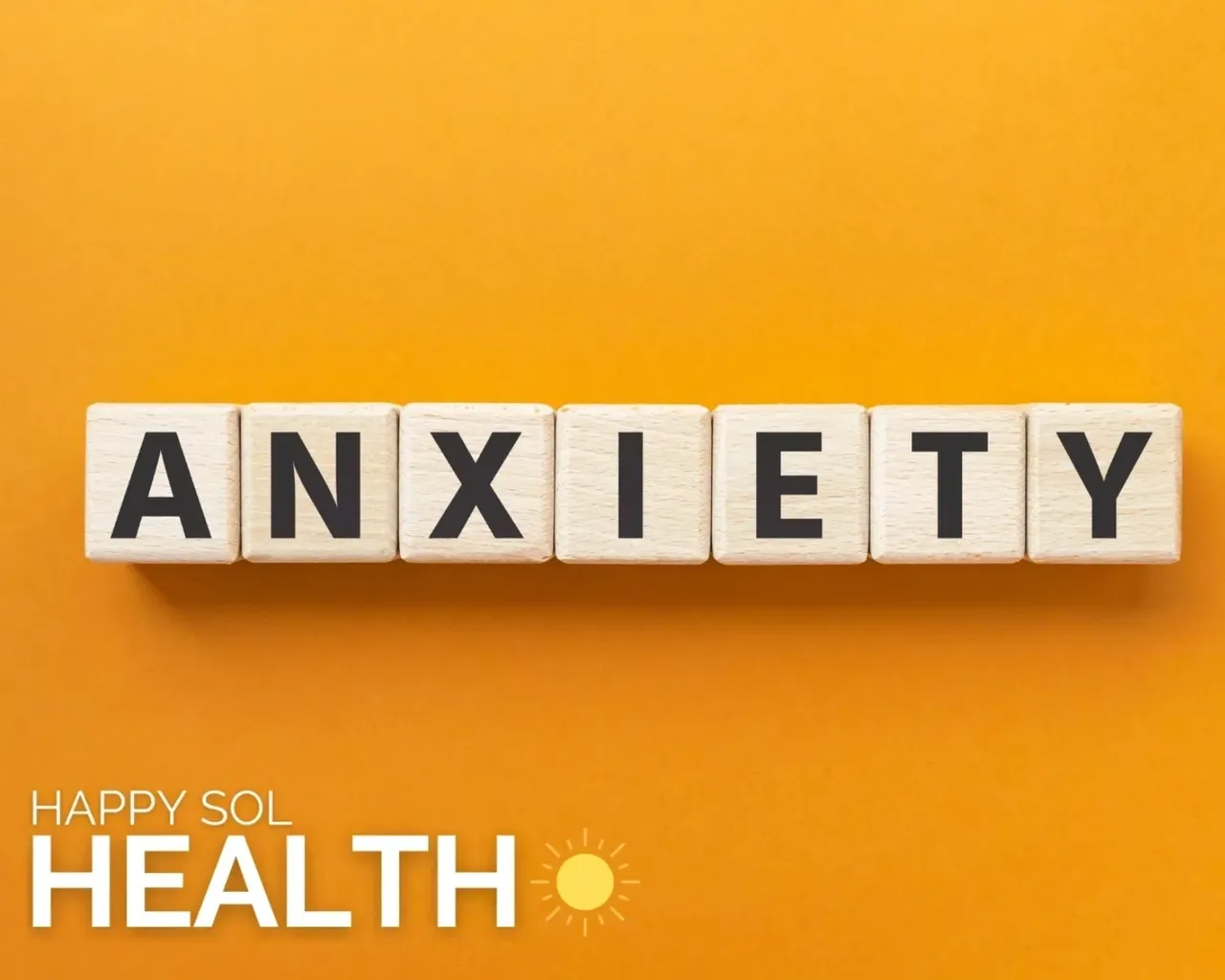Anxiety disorder is a normal and often healthy emotion. It’s your brain’s way of responding to stress and alerting you to potential danger. In many cases, anxiety can be useful, as it can help you stay focused and motivated to meet a deadline or perform well in a high-pressure situation.
However, when anxiety becomes excessive or begins to interfere with your daily life, it may be a sign of an anxiety disorder. Anxiety disorders are the most common and among the most disabling of mental disorders in adults and adolescents, it is a group of mental health conditions that involve excessive fear, worry, or nervousness. There are several types of anxiety disorders, including generalized anxiety disorder, panic disorder, social anxiety disorder, and specific phobias.
Symptoms of anxiety can vary depending on the type of anxiety disorder, but some common signs and symptoms may include:
- Excessive worrying or fear
- Restlessness or feeling on edge
- Irritability
- Difficulty concentrating
- Muscle tension
- Sleep disturbances
- Panic attacks (in the case of panic disorder)
- worry
- fears
- thoughts that don’t go away
- avoidance of people, places, or things
- compulsions
- restlessness
- aches and pains
- rapid heartbeat
- shortness of breath
- nausea
- faintness
- dry mouth
- sweating
- shaking
- difficulty concentrating
Treatment for anxiety disorders typically involves a combination of therapy and medication:
- Cognitive-behavioral therapy (CBT) is often used to help individuals identify and change negative thought patterns and behaviors that contribute to anxiety.
- Medications like selective Serotonin reuptake inhibitors (SSRIs) and Benzodiazepines.
The most common Serotonin reuptake inhibitors (SSRIs):
- Citalopram (Celexa)
- Escitalopram (Lexapro)
- Fluoxetine (Prozac)
- Fluvoxamine (Luvox)
- Paroxetine (Paxil, Pexeva)
- Sertraline (Zoloft)
- Buspirone (Buspar)
The most common Benzodiazepines are the prescription drugs:
- Alprazolam (Xanax)
- Chlordiazepoxide (Librium)
- Clorazepate (Tranxene)
- Diazepam (Valium)
- Lorazepam (Ativan)
- Oxazepam (Serax)
- Prazepam (Centrax)
- Clonazepam (Klonopin)
Mental health support
There are many resources for people experiencing anxiety.
The first point of contact for people not in crisis should be their doctor. If someone is in crisis, they should seek immediate help, such as contacting 911.
#Anxiety #Anxietydisorder #generalizedanxietydisorder #socialphobia #icd10codeforanxiety #xanax #benzodiazepines #anxietysymptoms #anxietytreatment #socialanxiety #seperationanxiety

